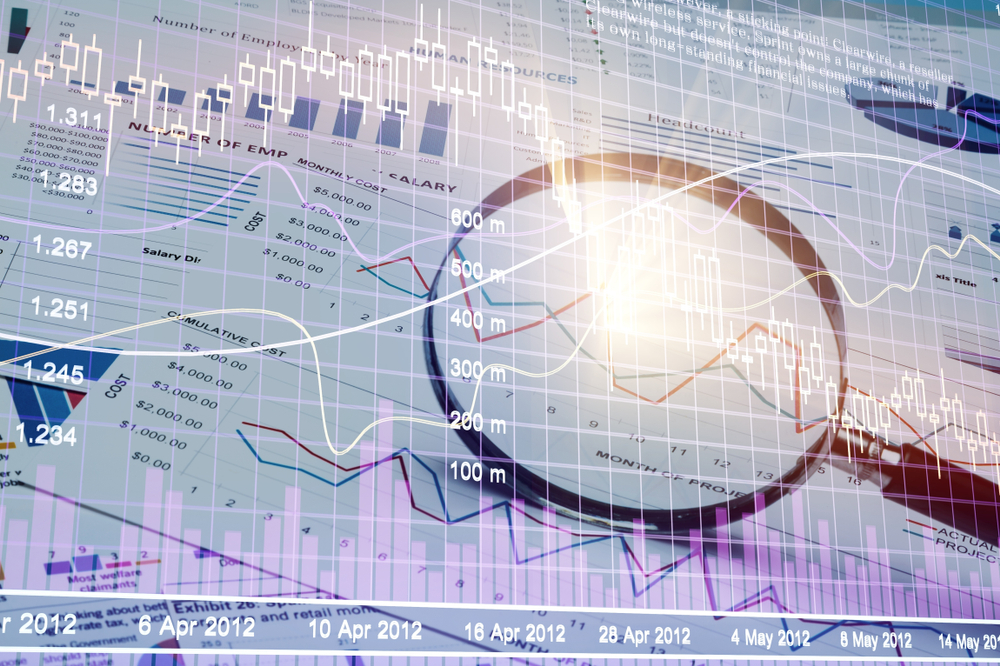Forensic accounting is a specialized field that combines accounting, auditing, and investigative skills to uncover financial fraud and misconduct. Forensic accountants are highly trained professionals who work with law enforcement agencies, attorneys, and businesses to investigate financial crimes and provide expert testimony in court.
So, how do forensic accountants work? Let's dive into the details.
- Identifying Fraudulent Activities
Forensic accountants use various techniques to identify fraudulent activities, such as analyzing financial statements, bank records, and other financial documents. They also conduct interviews with employees and review company policies and procedures to identify potential weaknesses that could be exploited by fraudsters.
- Tracing Financial Transactions
Forensic accountants use their expertise to trace financial transactions and identify any irregularities or suspicious activities. They use specialized software and tools to analyze large amounts of data and identify patterns that may indicate fraudulent activities.
- Quantifying Financial Losses
Forensic accountants are also responsible for quantifying financial losses resulting from fraudulent activities. They use their knowledge of accounting principles and financial analysis to calculate the amount of money lost due to fraud and provide expert testimony in court.
- Providing Expert Testimony
Forensic accountants are often called upon to provide expert testimony in court. They use their knowledge and expertise to explain complex financial concepts to judges and juries and provide opinions on the financial aspects of a case.
- Preventing Future Fraud
Forensic accountants also play a crucial role in preventing future fraud. They work with businesses to identify potential risks and weaknesses in their financial systems and develop strategies to mitigate those risks.
In conclusion, forensic accountants are highly skilled professionals who play a critical role in uncovering financial fraud and misconduct. They use their expertise to identify fraudulent activities, trace financial transactions, quantify financial losses, provide expert testimony, and prevent future fraud. If you suspect financial fraud or misconduct, it's essential to seek the help of a forensic accountant to protect your business and assets.



Average Rating